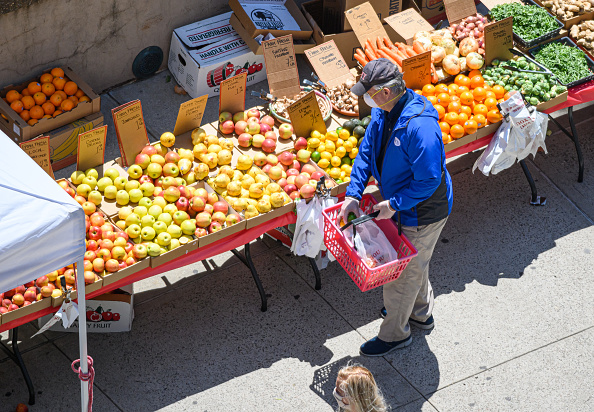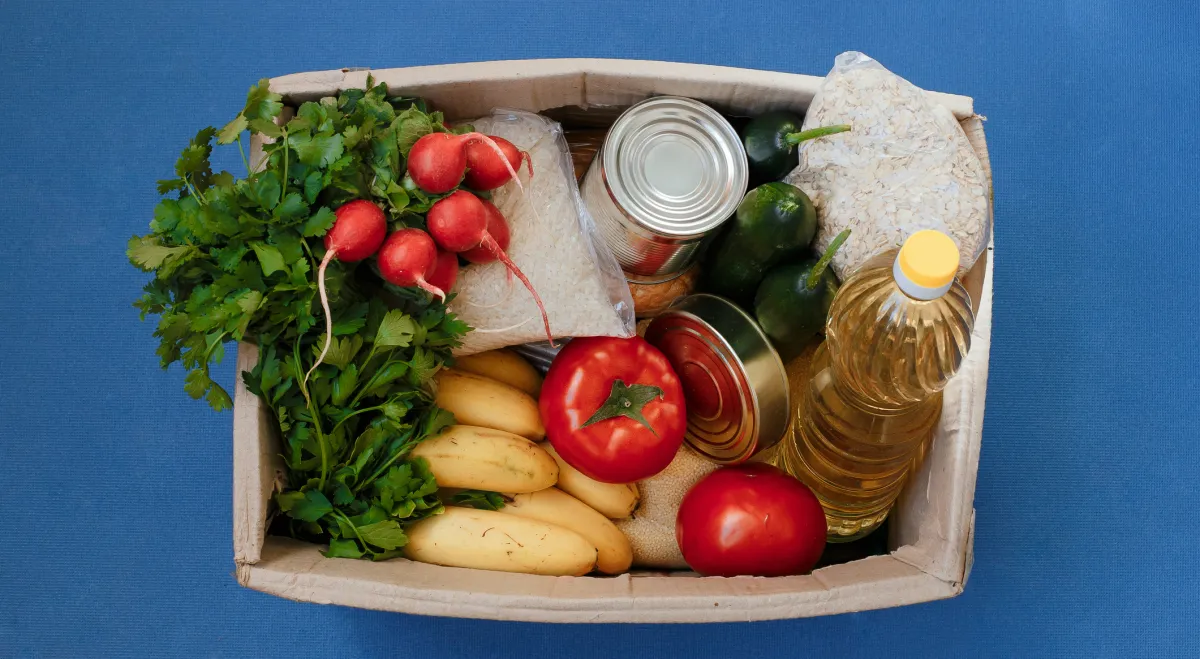A food bill was introduced in the Oregon legislature that would provide food assistance who do not qualify for the SNAP benefits due to immigration status.

Food Bill In Oregon To Expand SNAP Benefits For Immigrants (PHOTO: National Immigration Law Center)
SNAP Benefits To Expand For Immigrants
A bill introduced in the Oregon Legislature called Senate Bill 610, Food for All Oregonians, is supported by a coalition of more than 75 organizations across the state and sponsored by 17 legislators. This food bill would provide food assistance to some 62,000 Oregonians immigrants who are ineligible for Supplemental Nutrition Assistance Program (SNAP).
According to chief sponsor Sen. Wlnsvey Campos, D-Aloha, said during a Tuesday news conference that everyone in Oregon should have access to food, no matter where they were born. Campos also stated that the bill is one of the most important opportunities this session to make substantial improvements to the lives of Oregonians.
Several People Are Excluded From Snap Continue To Suffer Food Insecurity
The bill introduced would create a program within the Department of Human Services that would mirror SNAP for people who would be eligible for the program based on income but are rejected due to their immigration status and around 62,000 people in Oregon fit that profile. Around 40% of people across the state reportedly have food insecurity, according to data from the Oregon Hunger Task Force. In Marion County, about 21% of people are experiencing food insecurity and do not qualify for SNAP benefits.
Those people include legal permanent residents who are not yet citizens or have not been in the country long enough. They are also part of Deferred Action for Childhood Arrival (DACA) recipients, some refugees, and asylum seekers, US Compacts of Free Association (COFA) citizens, and undocumented immigrants. Undocumented people are eligible for Women, Infants, and Children (WIC) benefits, school meals, food banks, and Meals on Wheels. US-born children also can access SNAP benefits. Fears and bewilderment about applying for the benefits could affect their visa eligibility leading people to try to access such benefits, Western Oregon University public health professor Megan Patton Patton-López informed the Statesman Journal in 2021.
The Department of Labor estimates around 37% of farmworkers lacks work approval. Immigration status, low wages, and long working hours make farmworkers primarily vulnerable to food insecurity. It’s also essential that people hold access to food that is both “nutritious and culturally familiar,” supporters of the bill said. Dominguez Francisco said outreach to farmworker and Latinx communities reveals, repeatedly, that farmworker families feel like they get “second-hand” food at food banks and the food that no one else wanted, and there are few or no healthy choices.
Lastly, the Department of Human Services would manage the program allocation. However, at least some funding would be provided to organizations across the state to do their outreach. Those organizations would be accountable for helping people apply for and access benefits.
READ ALSO:
Increased SNAP Benefits Will Be Extended In Texas, Gov. Greg Abbott Says!
$95 Monthly SNAP Payments To Prevent Hunger Could Be Given To Qualified American Families




















